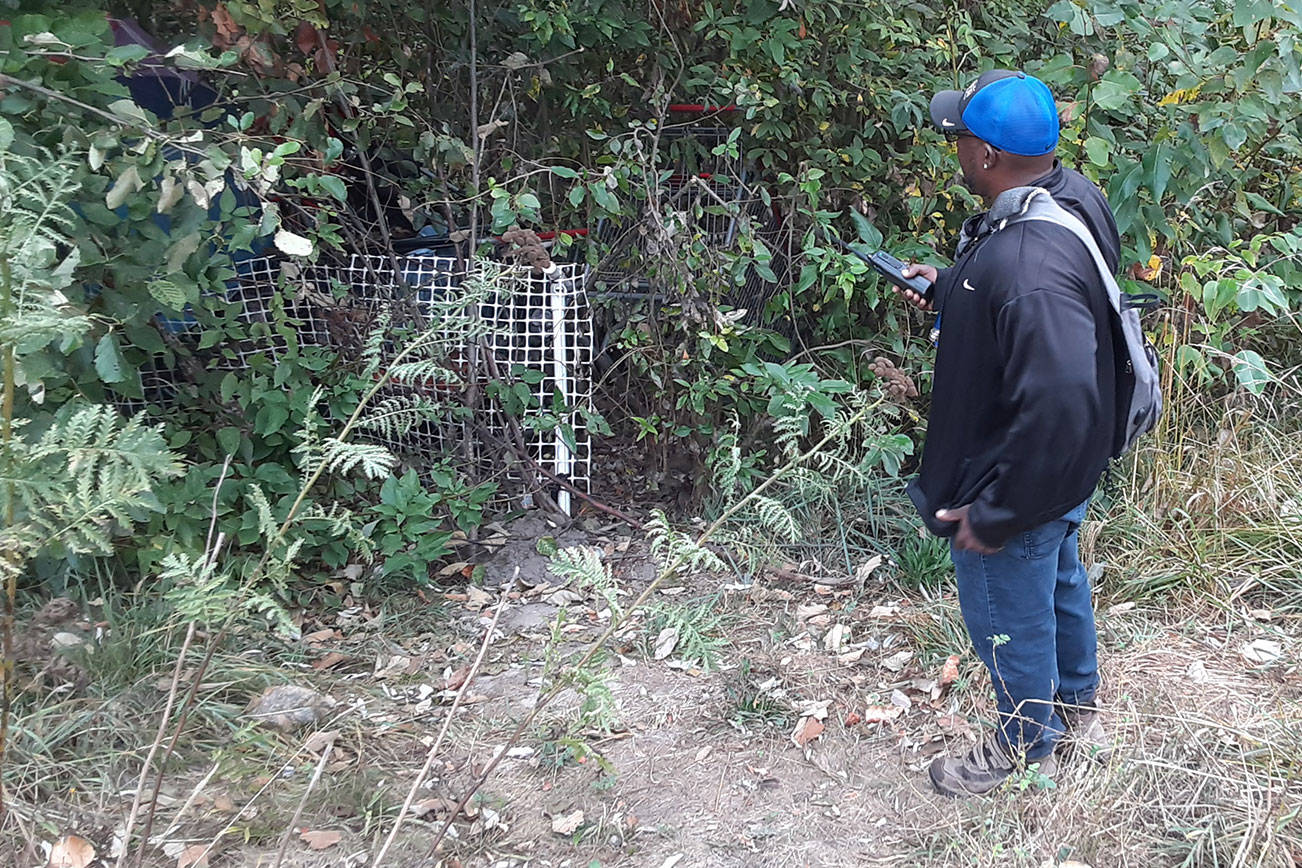In mid-2018, the City of Auburn began a partnership with the Auburn Food Bank to provide daytime services to homeless people at the Ray of Hope shelter on Valley Cities-owned property in north Auburn.
With the need for services to the homeless continuing to increase significantly every year, however, the city has since added a night shelter, the Sundown, and partnered with the food bank to provide services.
In 2019, Auburn brought aboard Kent Hay to be the city’s outreach coordinator to the homeless.
On Jan. 19, the Auburn City Council extended its agreements with the Auburn Food Bank to keep on providing services at the two modular shelters through Dec. 31, 2022.
Asked if there had been any assessment or grading of the food bank’s performance before Tuesday’s vote, Auburn Mayor Nancy Backus said no.
“Is there an official assessment I could hand you a copy of? No. It’s a matter of how many people are we serving, and how that complements what Kent [Hay] is doing. We agreed that at this point in time, having the food bank providing those services for the Ray of Hope and the Sundown is the right way to move forward,” Backus said.
Yes, Backus acknowledged, there have been a number of complaints about the shelters from some users chafing at the rules and constraints, but she said complaints are inevitable.
“Accountability is the key to everything we believe in for our work with the unsheltered in the community,” Backus said. “I say it all the time: I believe in accountability at the government level, the funder level, the service-provider level and those receiving services. Holding someone accountable and not just being willing to say, ‘Okay, whatever you want to do,’ some people are going to struggle with that.”
The Ray of Hope and Sundown will continue in their respective modular buildings until the Auburn Food Bank can move to the future Auburn Consolidated Resource Center at the former site of the Sports Page Tavern on Auburn Way North. While construction on the center and the food bank’s move have been delayed by the pandemic, Backus said, the resource center in its earliest form should be about 30 days from opening.
“There won’t be a lot of physical there at this point in time, other than tables and chairs and laptops, so Kent [Hay] can get unsheltered people connected with services and resources to ultimately get them into permanent housing,” Backus said.
King County District Court and the city of Auburn are still working out the details of the once-a-week community court at the consolidated resource center, but Backus estimated it should be running by the first or second quarter of 2021.
The court represents a chance for participants to avoid the travails of the regular court system because all of the resources necessary to meet the community court’s conditions — for instance, completing a drug and alcohol assessment — will be at the center, steps away from the courtroom. By meeting those conditions, one can “graduate” from community court without the offense marring one’s record, Backus said.


